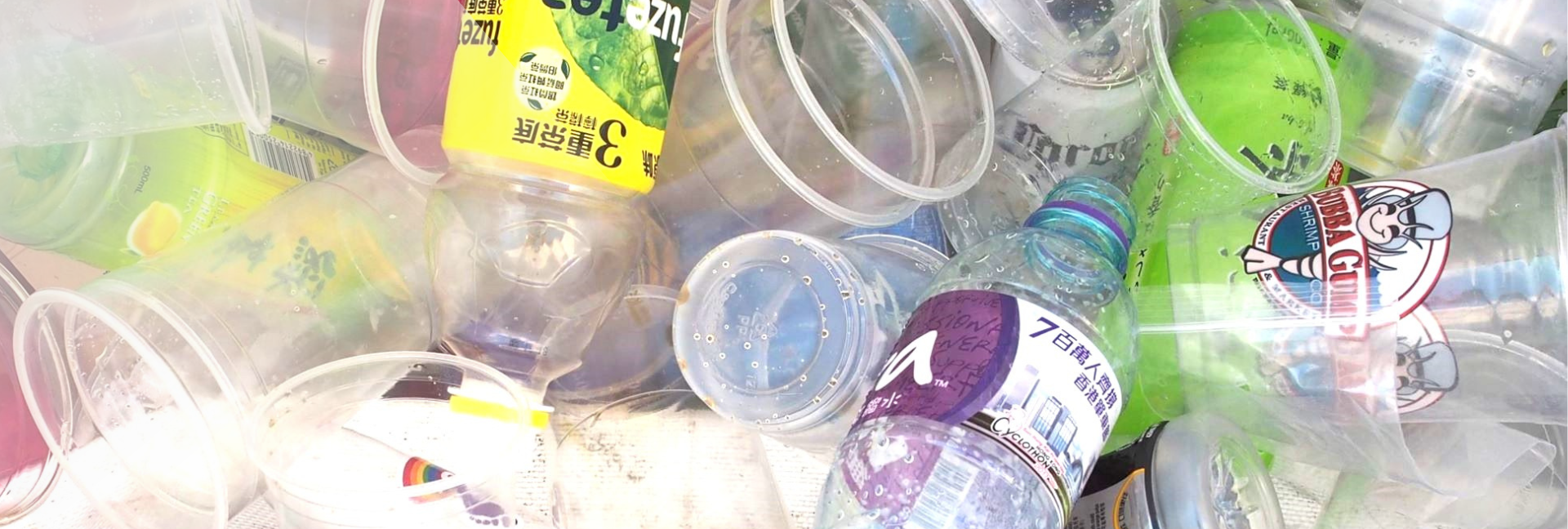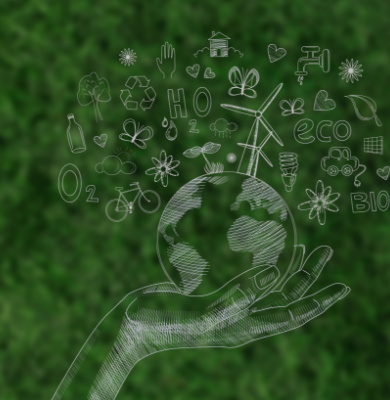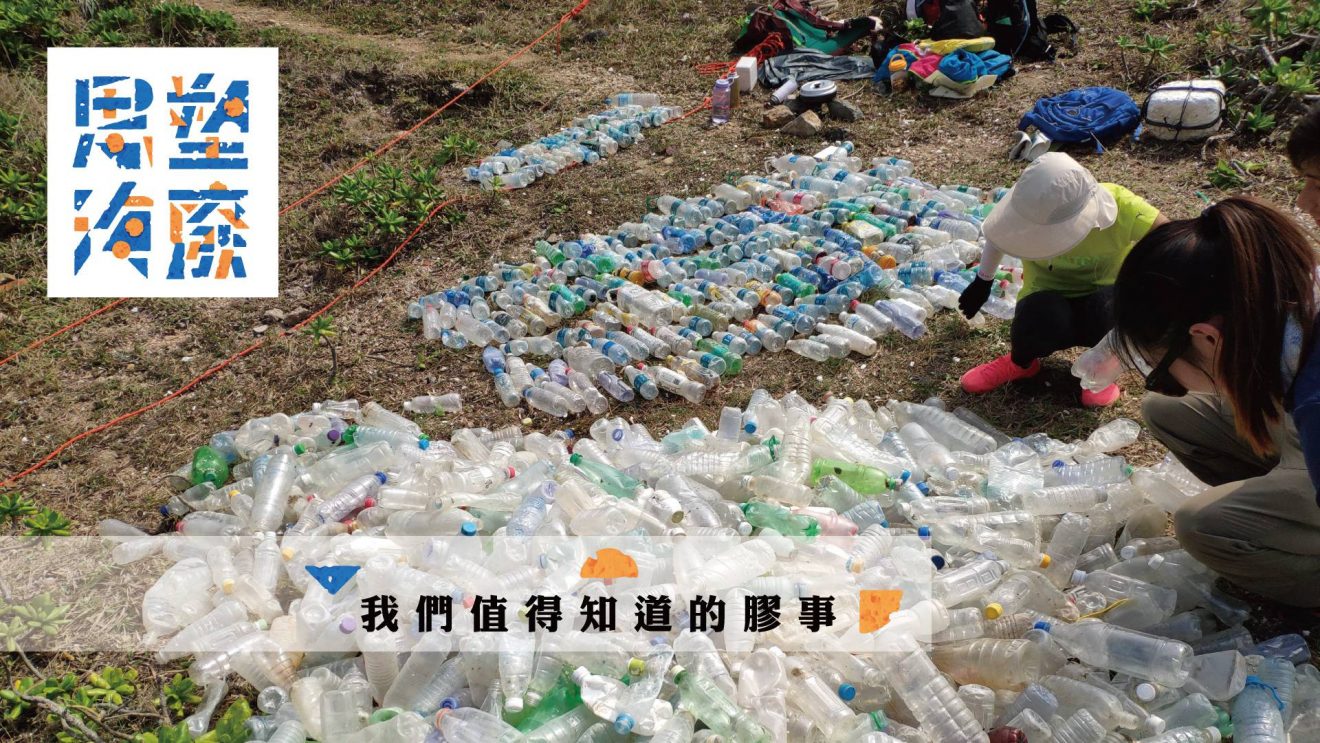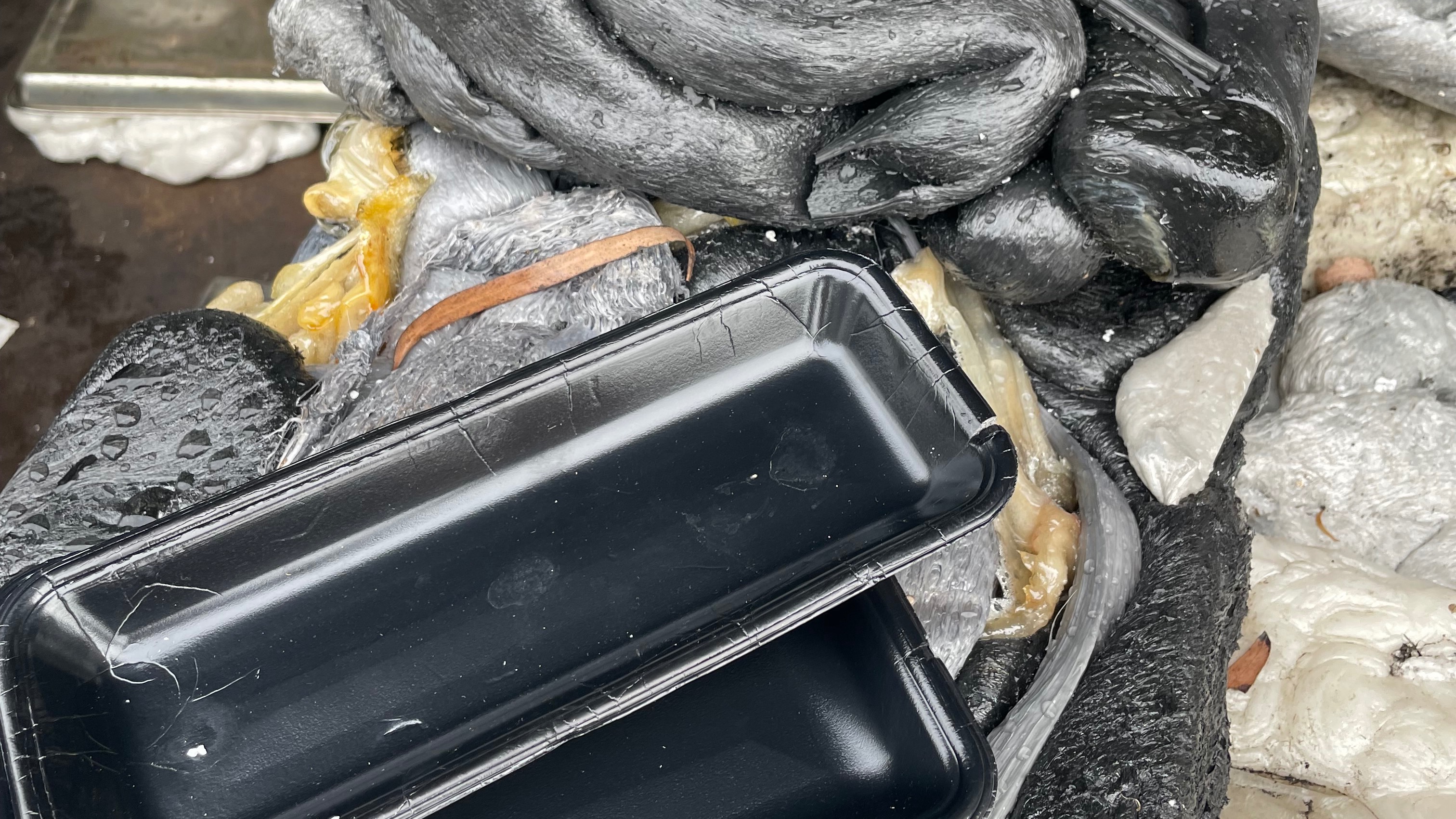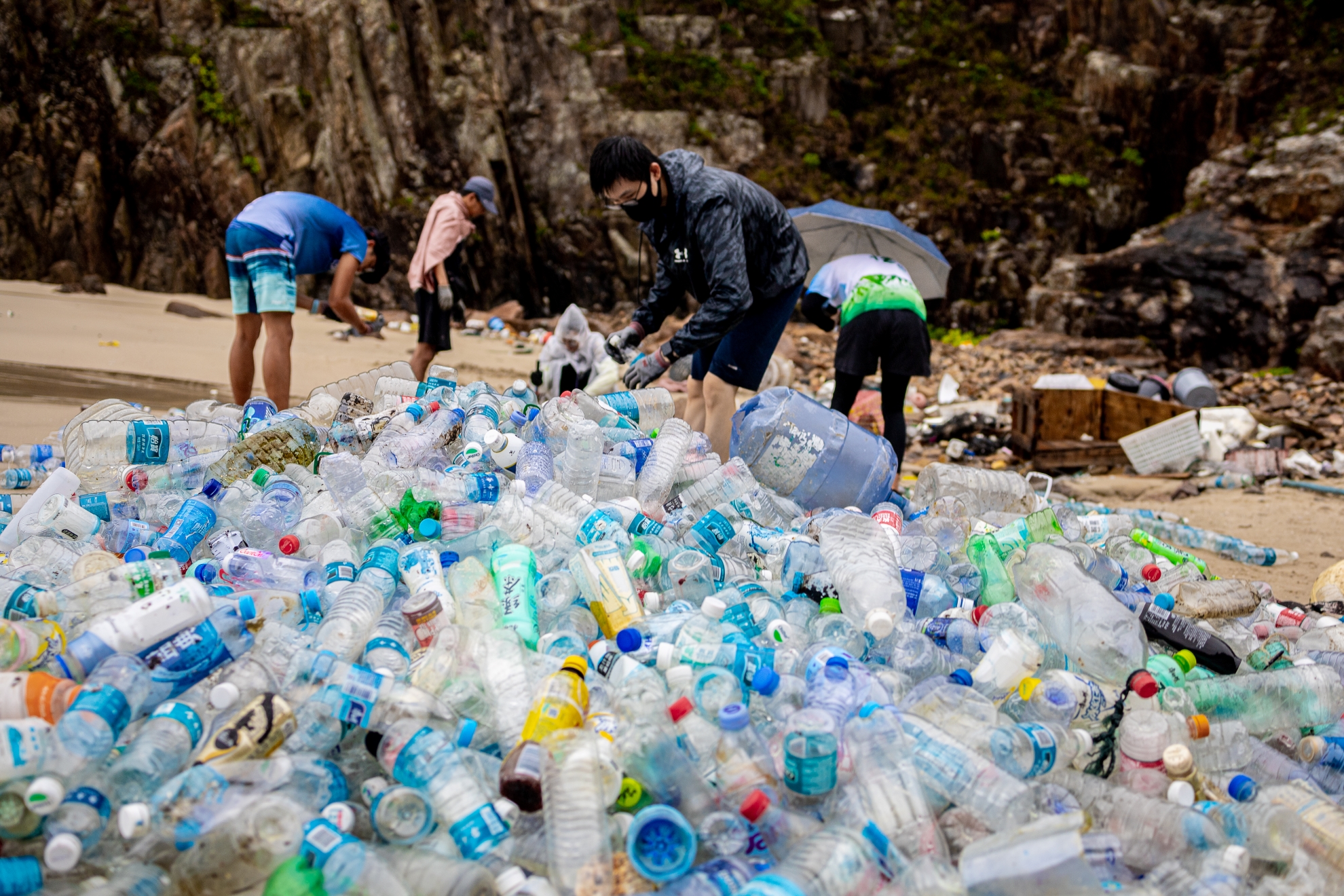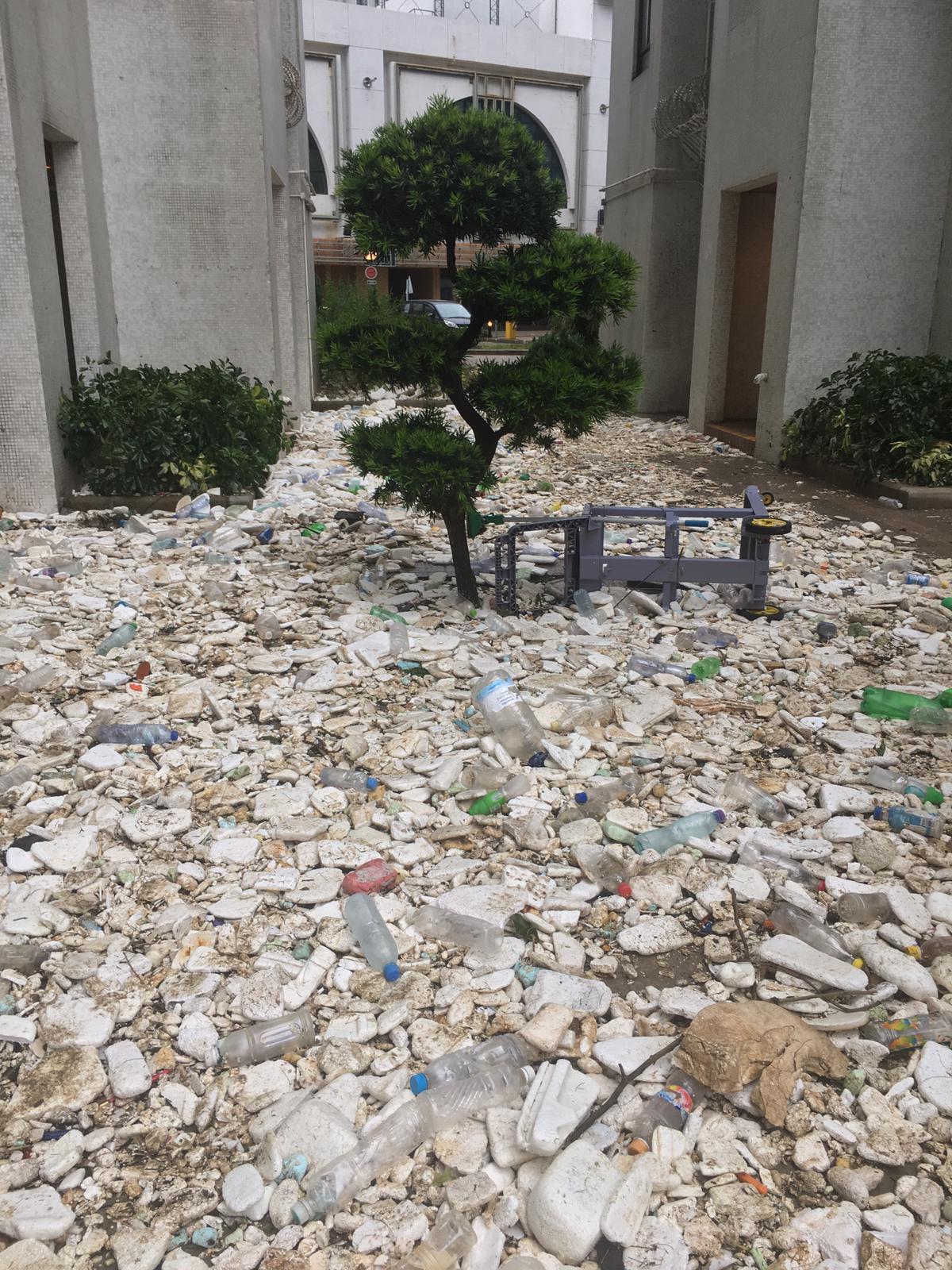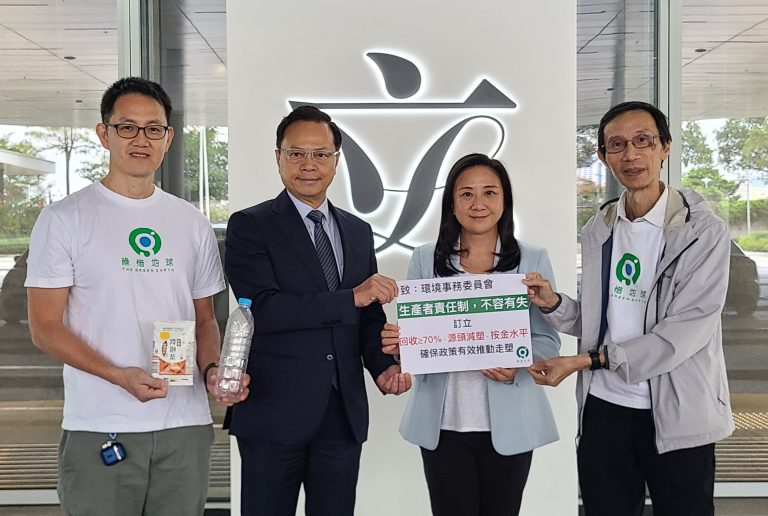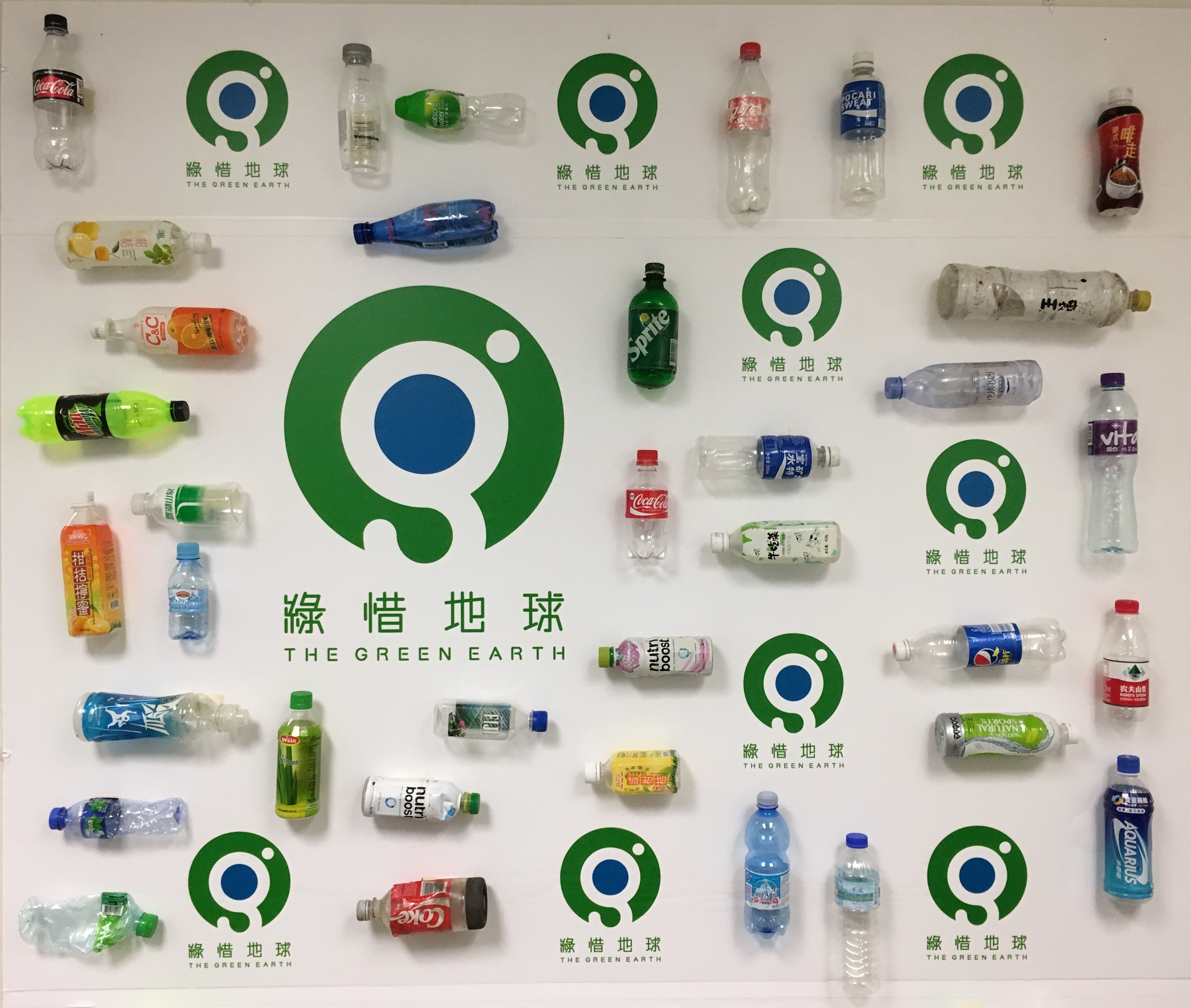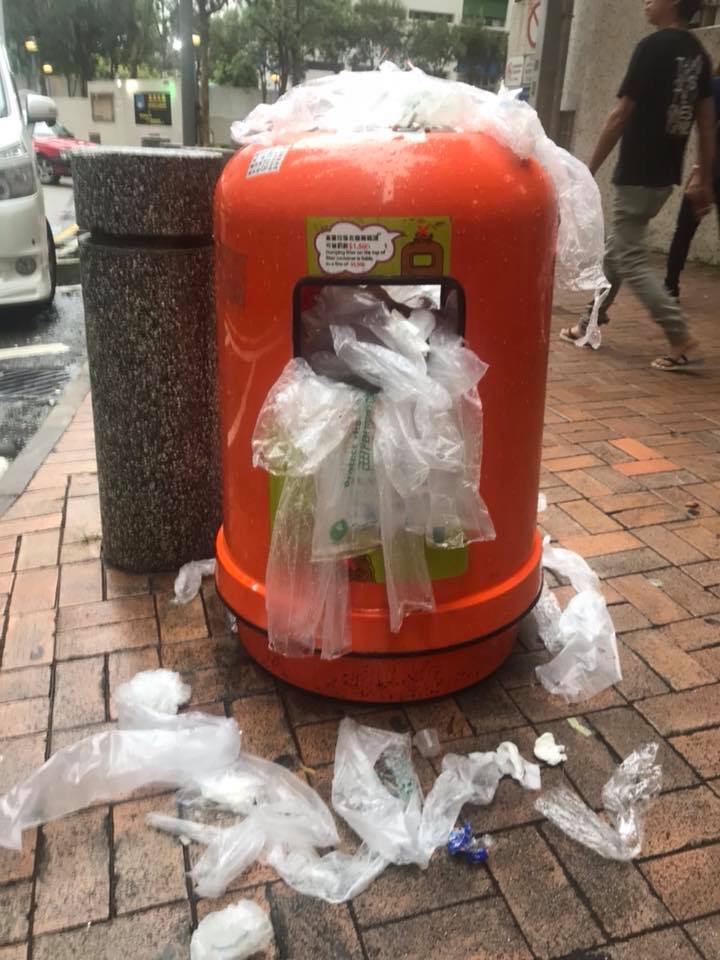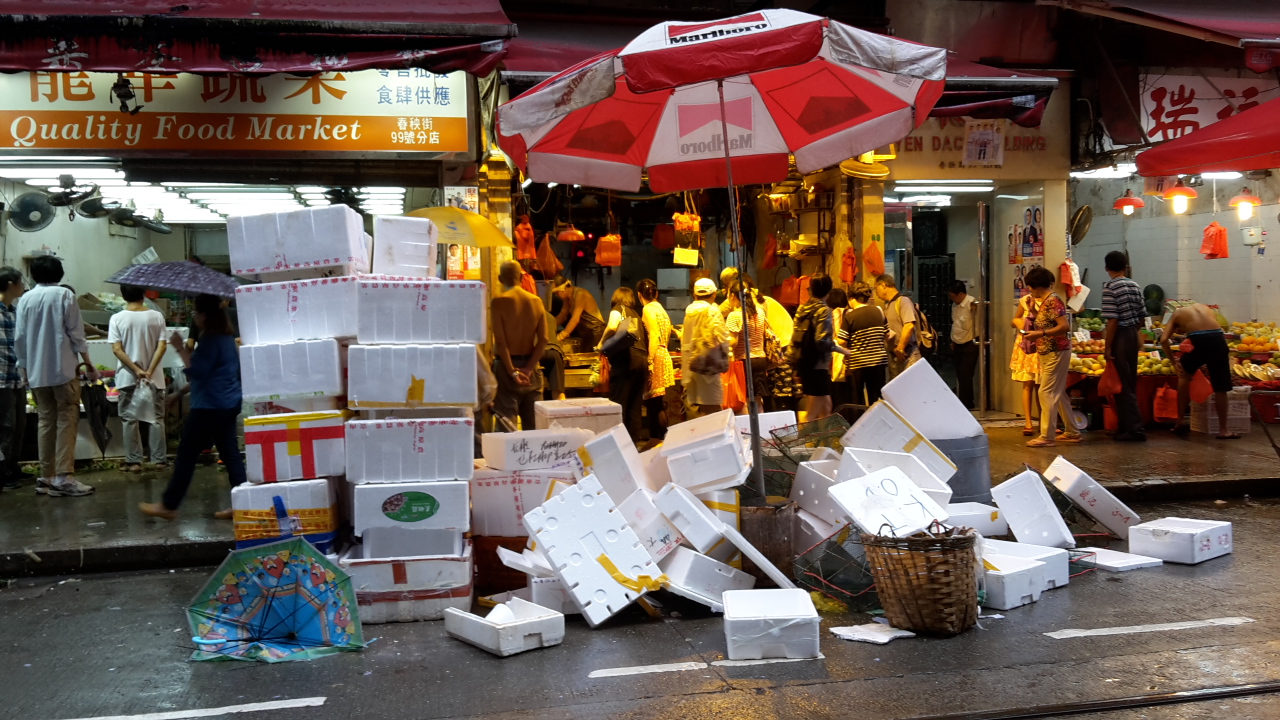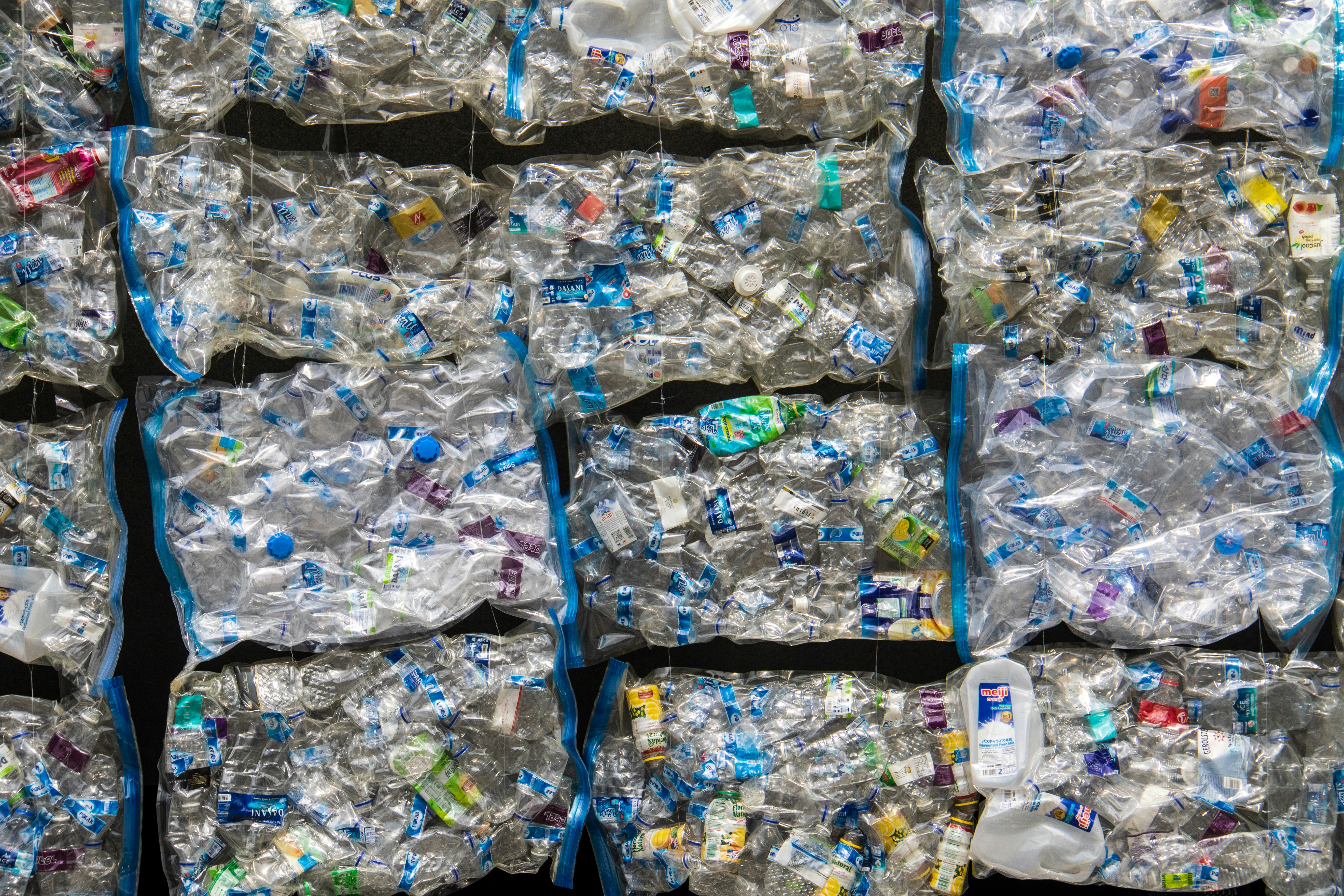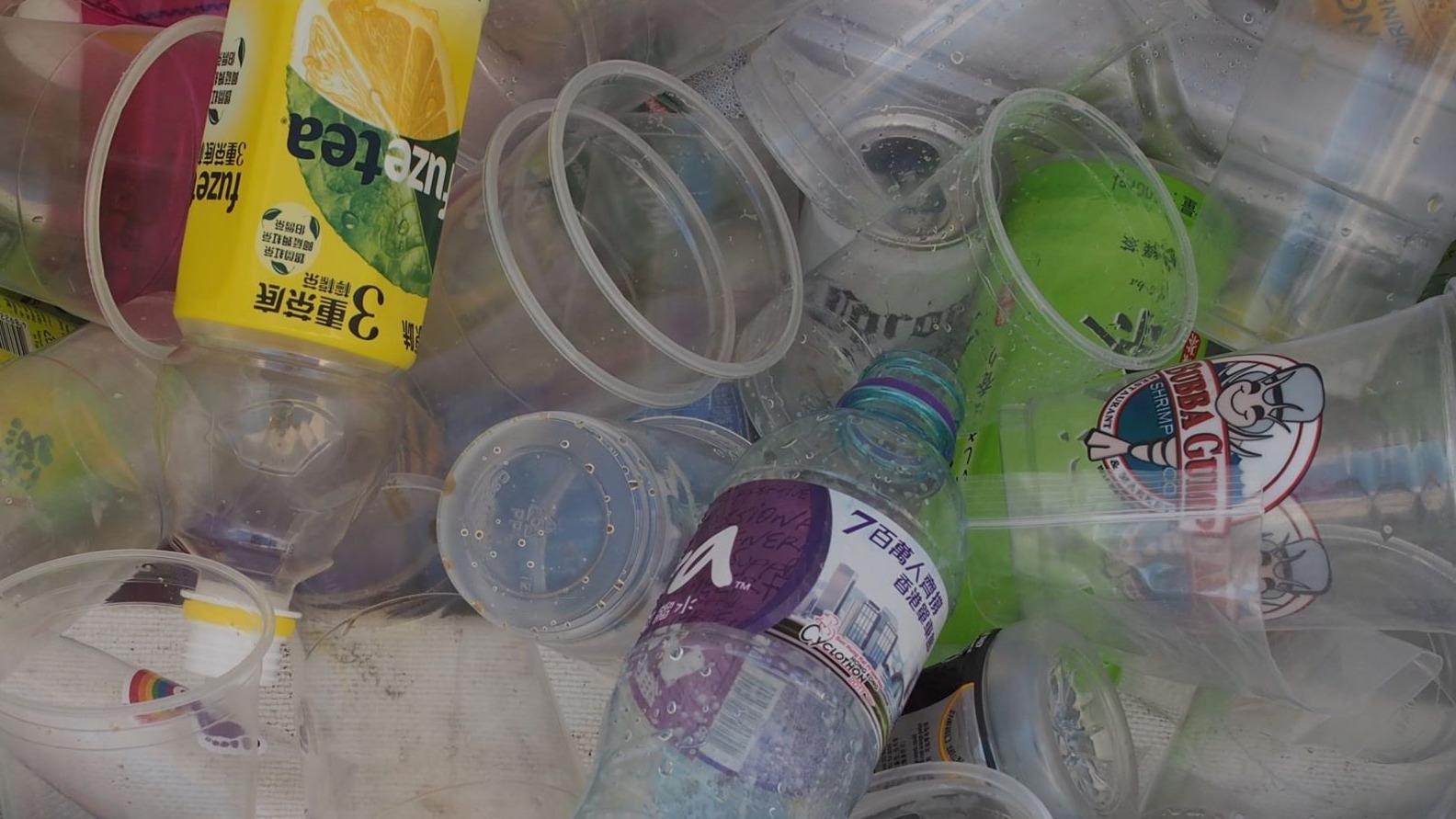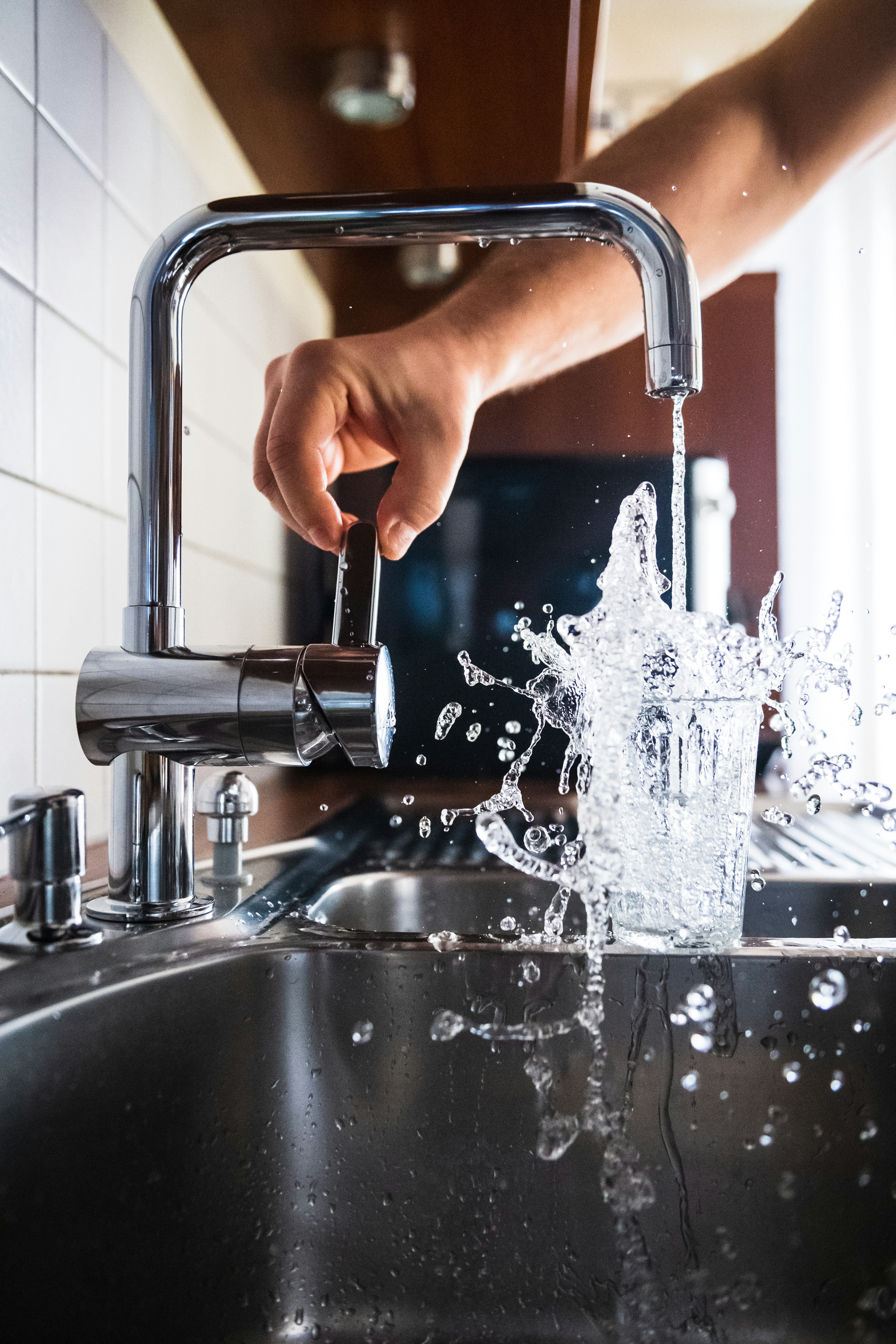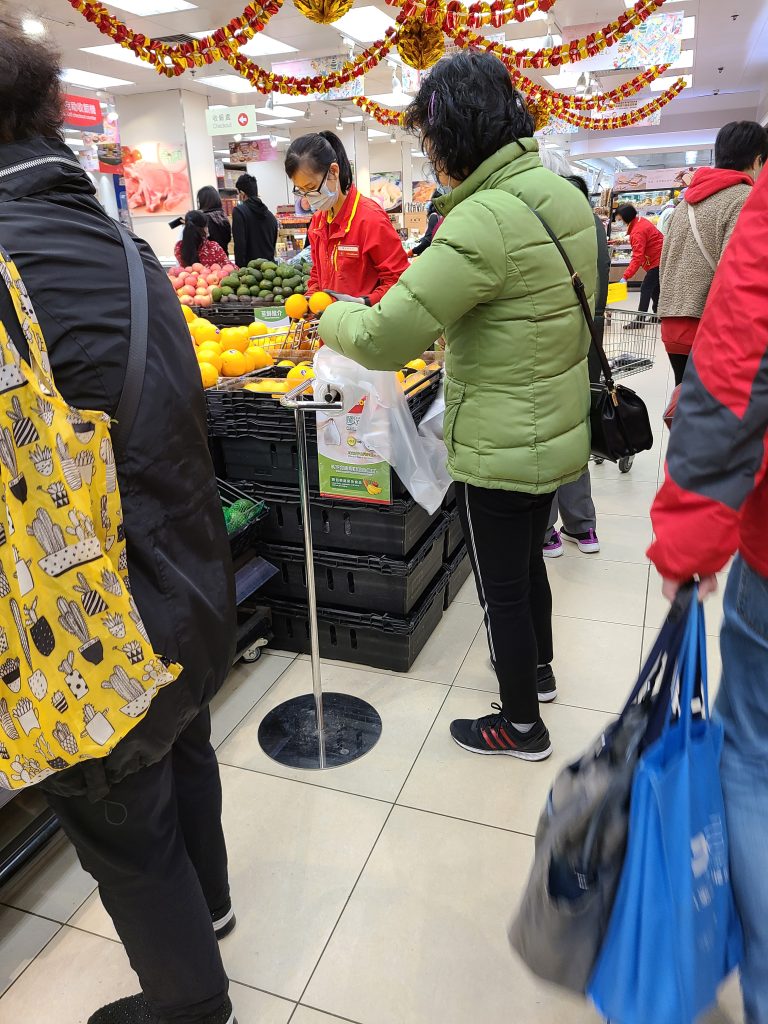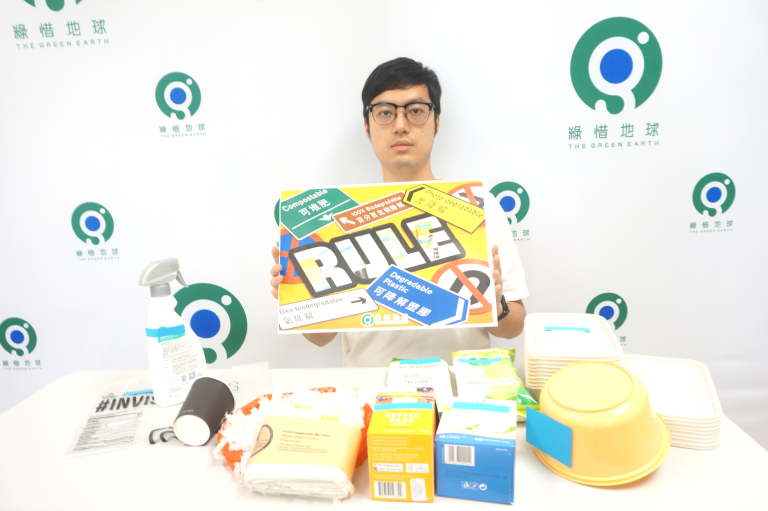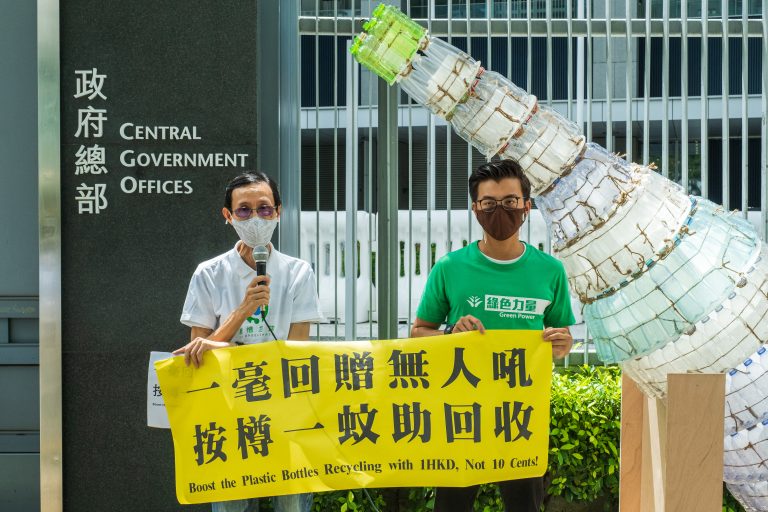Everyone seems to be living in a plastic village.
Hong Kong generates a huge amount of plastic waste. While other cities have already explored ways to raise the value of used plastics, Hong Kong is still doing low-value plastic bundling and export businesses. The fluctuating prices of used plastics have made plastic export even more difficult. As a result, a large portion of used plastics has ended up in our landfills, which is wasting our resources and the valuable spaces in our landfills.
Plastic brings a certain degree of convenience, but it leads to a throwaway lifestyle. The four million plastic bottles that Hong Kong people throw away daily are an obvious example – not to mention the microplastic beads and BPA that may enter our food chain. They all pose threats to our public health and ecological environment.
It is never easy to part ways with plastics, but we must learn to reduce their harm to the ecological environment, our well-being, and the generations to come.
We encourage
the establishment of the Producer Responsibility Regulation on plastic beverage containers
clean recycling
reduction in the use of single-use disposable containers


 Green Education Programme
Green Education Programme